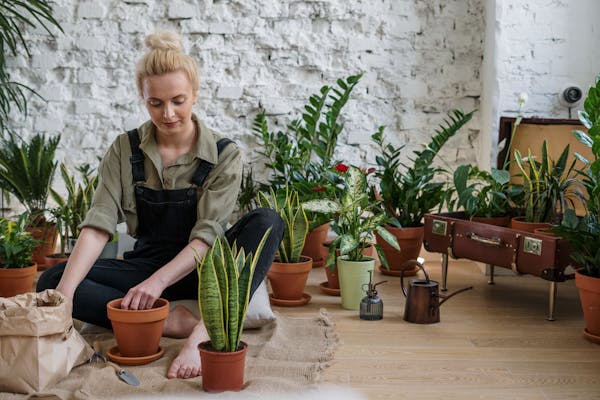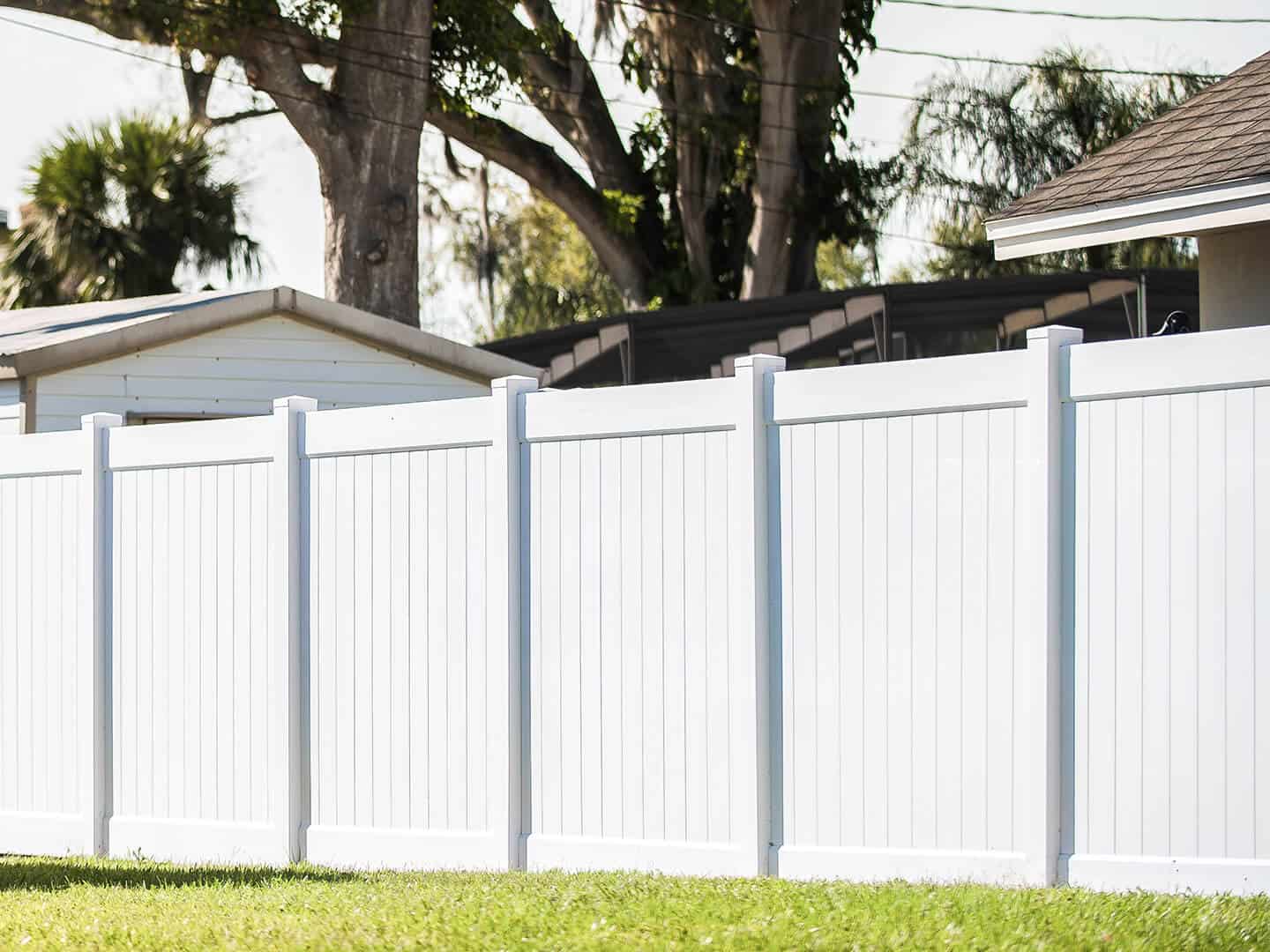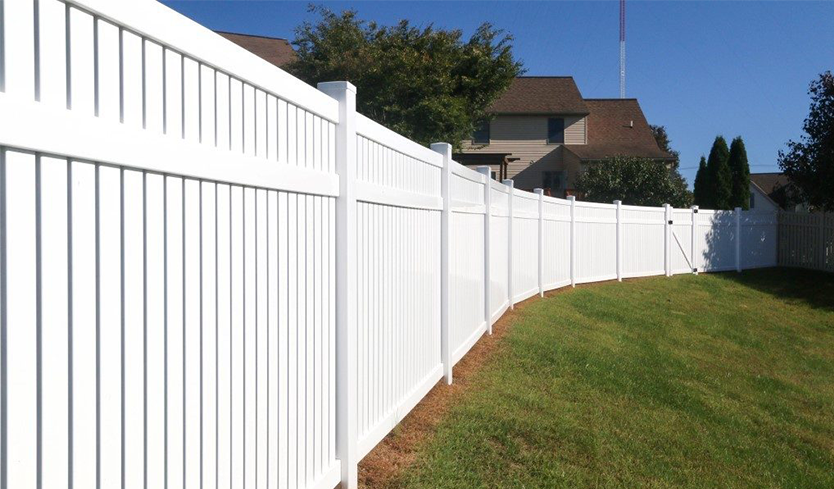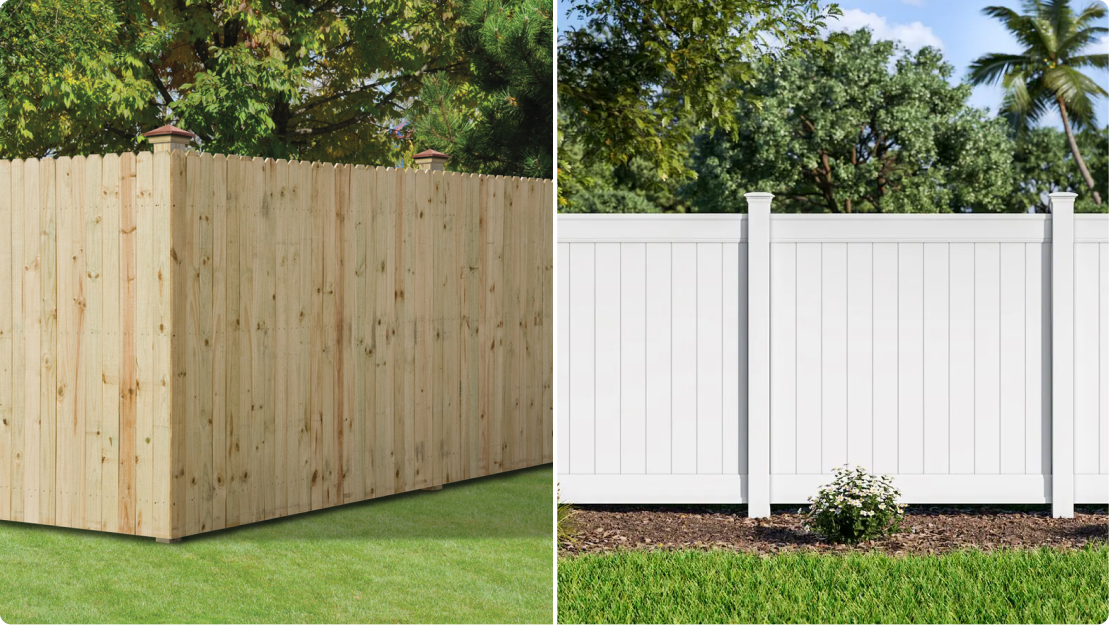Make your yard pollinator friendly
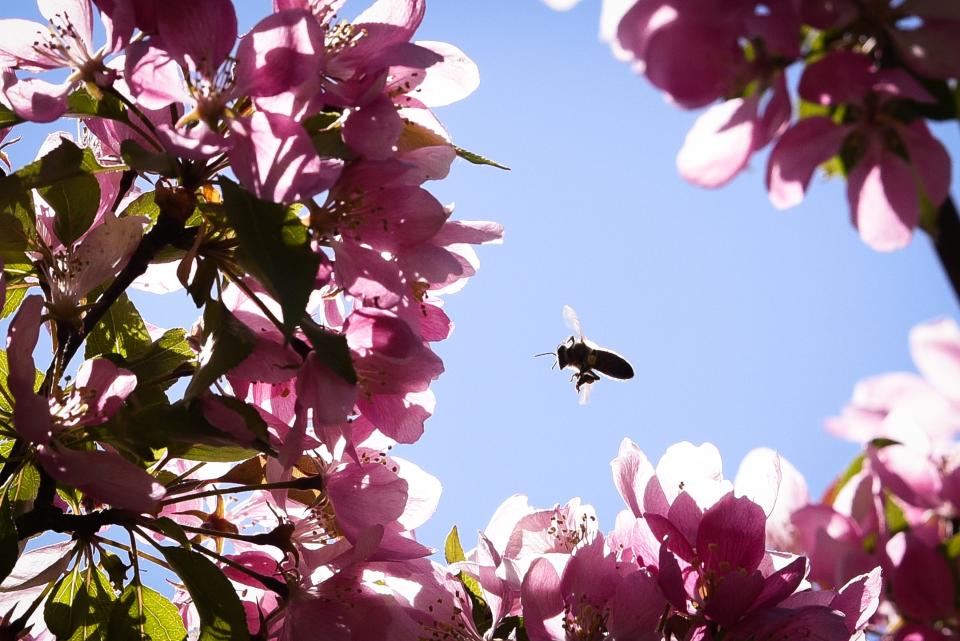
In 2007, the U.S. Senate selected a 7 days in June as Nationwide Pollinator Week to increase consciousness of the importance of pollinators to food items manufacturing.
This yr, Nationwide Pollinator Week – Wings of Lifetime is June 20-26. Pollinators are keystone species: they are a vital component of sustaining everyday living on earth for all species. About a third of the food items on our plates is there for the reason that of pollinators.
In this article are some recommendations on how you can make your garden far more pollinator welcoming.
Deliver foodstuff all 12 months
Plant a combine of flowering plants that supply blooms from early spring to late tumble. Glance to increase indigenous crops to your landscape. Grass lawns are deserts for pollinators take into consideration minimizing your garden footprint by converting part of it to a wildflower or native plant backyard garden. For recommended annuals, perennials, shrubs and trees, see the plant checklist by visiting https://plantnative.org/rpl-nypanj.htm
More: Want your lawn to look magnificent this yr? Follow these ideas
Much more: It is all about the proper mulch when gardening, landscaping. Here are some ideas
Additional: Gardening tip: Give leaf composting a check out on your lawn, backyard
Deliver safe nesting websites
Habitats for pollinator nesting or egg laying include things like shrubs or tall grasses. Maintain a brush pile, fallen branches, or leaves on the edge of your lawn. Take into consideration getting or creating nesting properties.
Stay away from the use of pesticides
If necessary, use at evening or pretty early prior to pollinators are lively. Pollinators need you birds, bats, bees, butterflies, specified bugs, hummingbirds and other modest mammals that pollinate plants retain our ecosystems sustainable. Allow your lawn support pollinator wellbeing. Get included and discover much more by traveling to The Pollinator Partnership web site at https://www.pollinator.org/ To see how to produce your possess pollinator habitats visit https://cals.cornell.edu/pollinator-network/conservation/developing-pollinator-habitats
Cornell Cooperative Extension Oneida County: Property and Backyard thoughts can be emailed to [email protected] or phone 315-736-3394, push 1 and then ext. 333. Go away your problem identify and quantity. Thoughts are answered weekdays 8 a.m. to 4 p.m. Also, take a look at our web page at http://cceoneida.com/ Or cellular phone 315-736-3394, Press 1 and then ext. 100.
This post at first appeared on Observer-Dispatch: Gardening: Strategies to make your lawn much more pollinator welcoming

